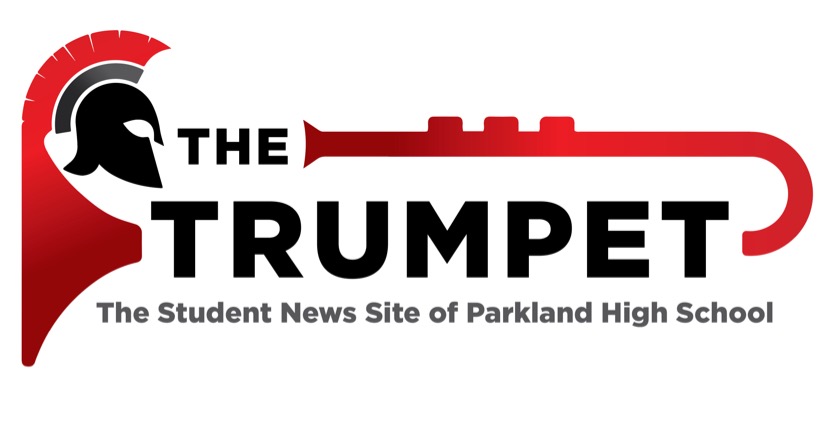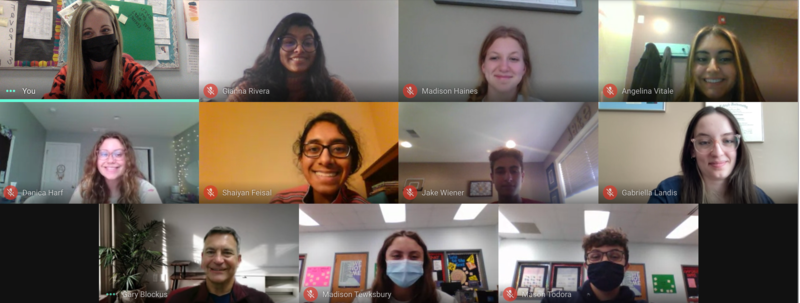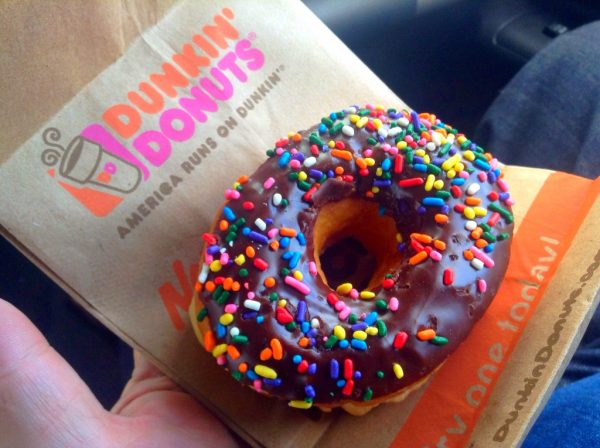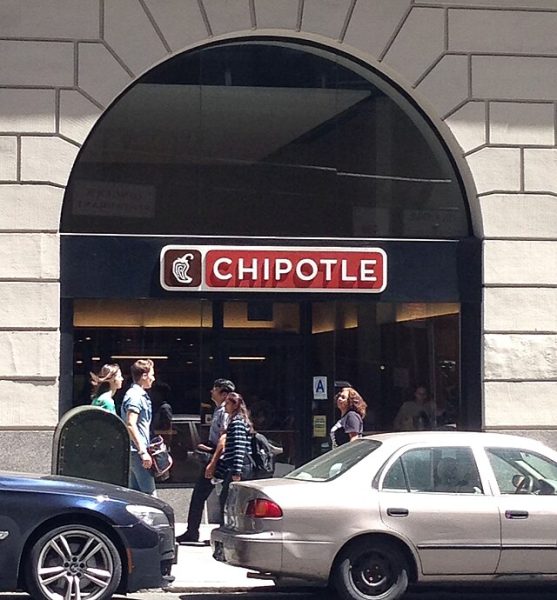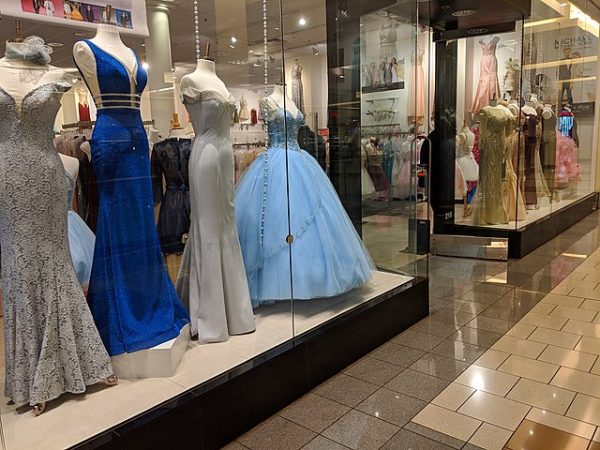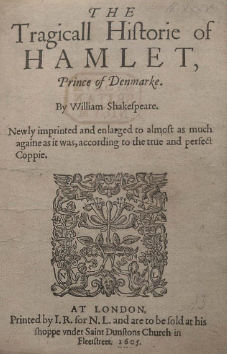Parkland Trumpet Interviews Morning Call Sports Writer, Gary Blockus
Gary Blockus joins the Parkland Newspaper staff for an interview via google meet.
A few weeks ago, the Parkland Trumpet Newspaper staff had a very informative interview session with Gary Blockus, a former sports writer for The Morning Call. Throughout his career, Blockus made sure to put in the hours to truly get to know each and every person he wrote about, which made his features so powerful. Over the course of his extensive career, Blockus covered two Olympic Games, two Super Bowls, three Stanley Cup Finals, more than 20 heavyweight championship fights, and collegiate level sports for Lehigh, Lafayette, and Muhlenberg. Beyond those incredible experiences, Blockus covered countless local high school sporting events, reviewed music concerts, and was a special projects writer.
In 2015, after 35 years of putting so much love into his profession, Blockus retired from his post. In Blockus’s sign off article with The Morning Call, he said, “From an endless string of sports to an ever-changing list of colleagues, from writing inside the office to reporting all the way from Athens, Greece, there is no time or instance that doesn’t bring a smile to my face, a glow to my heart.”
Interview Q&A with Mr. Blockus:
Q: How do you elevate a sports article to make it more than just highlights and scores? (Caedyn Lipovsky)
A: You have to know and understand the people involved. Writing involves a lot of homework, and studying the subjects that you are writing about. The easiest part about writing is typically writing itself. You need to know your subjects. If you don’t know what you’re writing about, you’re not going to do a very good job. With sports in particular, there’s personalities. Background information about a crisis that has gone on in your subject’s life will add to your story and help you figure out what’s happening in a game. Whether it comes to writing about sports or writing about politics, you’re going to want the knowledge of one’s past and how it currently affects them. In 2004, I had to go to the Olympics in Athens to cover fencing because we had a local fencer who was competing. I had to go in depth to learn about fencing before I watched them compete, so that I could understand what was going on. But, I also needed to write about the personality of the athlete involved. I wrote about the way he interacted with his teammates, and what his teammates thought of him. Don’t ever assume that you know everything you’re writing about without doing your homework.
Q: What did a typical day look like when you were working with The Morning Call? (Mason Todora)
A: When I first started, I would mainly work in the evening. I’d start at around 3-4 PM and work until 12-1 AM. Majority of that time consisted of enterprise stories. I had to know every inch of the story, even though I didn’t go to the games. Because of this I would always make phone calls, or people would call in with results. We had to write down the scores and ask questions about the game. We don’t do that anymore, but it was very helpful with learning how to write quickly and correctly, and this would consist of about 20 games in the course of a single night. Overall, it was extremely helpful in learning how to manage my time effectively in order to be efficient, and that’s one of the things plenty of writers still need to understand.
Q: During an interview, how do you keep the interviewee engaged in a conversation? (Jake Wiener)
A: You don’t necessarily think about the game or the interview itself, but you have to think about the story that you’re writing. So if you’re writing about a game, you’re going to write about how that individual impacted the game. In order to do so, you need to ask him/her questions about what they did, what motivated them in the moment, and what this particular moment meant for them. Sometimes, you may need to ask a stupid question, and they’ll let you know if it is. In that case then you need to ask, “Well what would make that a smart question?” You really need to understand the personality of the person you’re dealing with. If they ever give you a really mean answer or stare, just smile back and ask another question.
Jake Wiener, Parkland Newspaper’s Co-editor in Chief, mentioned that with everything going on, it has been more difficult this year to keep the student body involved with the newspaper, specifically with interviews since many kids are all-online. Here’s what Mr. Blockus had to say:
It’s a ‘pick your battle’ scenario. If you’re interviewing the captain of the basketball team, you have to be persistent. On the other hand, if it’s more of a man on the street situation, you have to act like a “door-to-door salesman”. People are going to turn you down, but you just have to smile, say thank you, and walk away. It’s not based on how many times people say yes to you, but it’s how many times you get up after people say no.
Q: As somebody who is thinking about a future career in journalism, I’m curious as to what steps you took to get to your position in The Morning Call. (Danica Harf)
A: It was definitely a struggle. I graduated college in 1979, and in 1978 there was a newspaper strike in my hometown area. A strike paper from the striking workers formed up. Another paper, the paper that sent everyone out on strike, offered jobs like crazy. They came to my college and recruited me, and told me that they would pay my tuition and any school loans I had. My best friend’s parents were on strike, so I had to make the decision between staying loyal to my friends or be loyal to a career. I chose loyalty to my friends. So I didn’t get the opportunity that I’d say six students from my college took. I still never gave up; I was out of college for about a year and a half before I got a job at The Morning Call. There were no reporting or writing positions, so I took a job doing telephone sales. Three months into that, I got a full-time job in classified advertising. I figured I had a foot in the door, and I could make my way up from there. Three months into that, two positions opened up in the newsroom- one in sports and the other news. The news editor that I interviewed with suggested becoming a sports reporter because there was more room to grow further. I was very fortunate to get the job as a sports reporter. Once I became a reporter, I began with covering recreation sports. Throughout your journey, you learn pretty quickly about what’s important and what’s not a personal issue, what was a personal grudge versus what was good for the community. From there on, I covered high school sports, college sports, pro sports, and everything from little league baseball to heavy league championship fights in Las Vegas to Olympic games, Standing Cup Finals, and Superbowls. But again, I didn’t expect to get that right away, it’s a process you need to work through and prove your worth.
Q: How do you keep an interview organic and conversational? (Abby Shurman)
A: Whether it’s a post-game or post-practice interview, generally there’s a group of reporters, so everything flows organically. Now this is in terms of what they are working on today, what they are looking for next week, and personal goals and items that can be used in a feature for that player. In a case where you are planning to sit down and do a profile on someone, you should have five to six questions in mind for that person. You can write them down, but you don’t want to read the list in front of them during the interview. When the interviewee brings something up that has happened in their life, ask them if they are comfortable to explain further. Then suddenly, you have a connection and better hook for your story. It may take you off of those five or six questions, and you may have the greatest conversation, which is the goal. You can share a little bit with them, and they can share a little bit with you. It gives off a better impression, and it creates a relationship between you and the interviewee.
Q: What was one of your most challenging articles, and how did you overcome that challenge? (Madison Tewksbury)
A: Two of them were very challenging. One of them was a series I did on high school recruiting where high schools will recruit athletes from other high schools, or an athlete from one sport to another. With doing that I made some friends and some enemies in the administrative area. Another real tough one I did was about an investigation on anabolic steroid prescriptions by local doctors. I got a local doctor to prescribe me anabolic steroids without ever even examining me. I was so nervous when I went into it that I asked for the wrong steroid, and I ended up asking for the more dangerous steroid. He just wrote up the prescription for me anyway. It took me four months to get through different body builders and trainers to find out which doctors would do the same to them.
Q: How much time did you typically have to write an article and was it ever stressful to finish an article on time? (Shaiyan Feisal)
A: Yes, absolutely. High school football games used to get over to us at about 10:15 PM and our deadlines were 11 o’clock. I led a newspaper conference in Delaware on 20 inches in 20 minutes and whether or not it was possible to produce quality. The answer is that, if you’re lucky. One of the editors that I had used to say “You always want to be faster than any writer better than you, and better than any writer faster than you.” Because there is so little time, homework and research beforehand is so essential. To me, profiles are the most interesting because you get to go in depth, and not just with the person you’re writing about, but the people around them.
Currently, Blockus remains an inspiration as a staff member of Parkland High School. After the Trumpet staff interview, Blockus reflects: “After I left The Morning Call, my hope was to help inspire the next generation of journalists. Newspapers will never be what they once were, but we have to embrace the new mediums with the understanding that writing drives the story.” From all the knowledge and relationships Blockus has built within the last 35 years, he has found closure with his career, and it will forever have a place in his heart.
Your donation will support the student journalists of Parkland High School. Your contribution will allow us to purchase equipment and cover our annual website hosting and printing costs.


